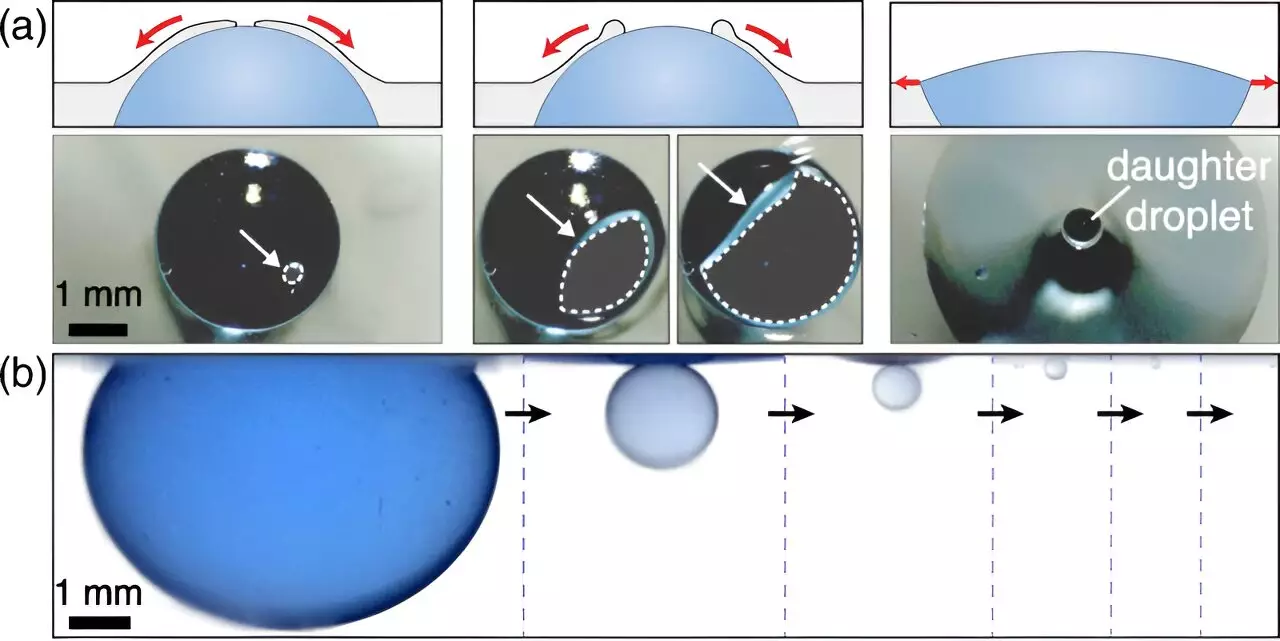Recent research conducted by the University of Illinois Chicago has shed new light on the aftermath of underwater oil spills. Contrary to previous beliefs, oil drops from these spills do not simply turn into a flat film on the water’s surface. Instead, they break into tinier droplets that remain suspended in the water for extended periods. This discovery has significant implications for oil spill cleanups and the overall impact on marine ecosystems.
Uncovering a Hidden Pathway of Pollution
The study, led by Sushant Anand and published in the journal Physical Review Letters, revealed a previously unknown pathway by which oil can spread pollution inside the ocean. When oil drops reach the water’s surface, they do not immediately form a slick. Instead, they deform and break off into smaller “daughter” droplets, creating a cycle of dispersion. This finding highlights the complexity of oil spread and the challenges associated with cleaning up underwater oil spills.
Environmental Concerns and Cleanup Strategies
Anand emphasized the environmental implications of this research, stating that the focus of oil spill cleanups has traditionally been on the slick that forms above the surface. However, a significant amount of oil remains permanently underwater due to the formation of smaller droplets. This poses a serious threat to marine life and ecosystems, necessitating a reevaluation of cleanup strategies.
One key finding from the study was the impact of water viscosity on the dispersal of oil droplets. Increasing the viscosity of the water could prevent the formation of daughter droplets, making cleanup efforts more effective. Anand suggested the use of biodegradable, water-soluble compounds to enhance water viscosity at spill sites and facilitate the removal of oil droplets from the water column.
The research also has implications for oil companies and their spill response strategies. Anand recommended incorporating the new findings into spill prediction models to better assess the size and spread of spills. Furthermore, he emphasized the need for further research to understand the impact of tiny oil droplets on underwater species and ecosystems.
The study conducted by the UIC research team has provided valuable insights into the complex mechanisms of oil dispersion in underwater oil spills. By uncovering a hidden pathway of pollution and highlighting the challenges associated with cleanup efforts, this research has significant implications for environmental protection and marine conservation efforts. It is crucial for policymakers, industry stakeholders, and researchers to take into account these findings when developing strategies to mitigate the impact of oil spills on our oceans and marine life.


Leave a Reply
You must be logged in to post a comment.